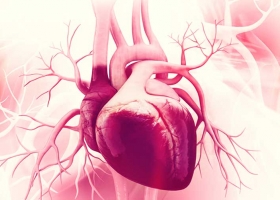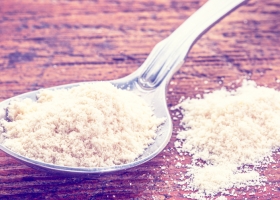Primary tabs
Sarcopenia refers to the age-related loss of muscle mass, strength and functionality. It’s a major factor predisposing older people to falls and fracture.
What are the differences in gut bacteria from an obese person to a lean person? Scientists are starting to explore this further.
There’s a small, but significant revolution going on in our understanding of heart disease risk factor markers.
Our ability to cope with stress depends largely on the complex interactions between components of our hypothalamic-pituitary-adrenal axis (HPA axis). The adrenal cortex figures prominently in the manifestation of adrenal fatigue due to disregulation of the production of cortisol. Adrenal fatigue is not widely medically recognised, and lies somewhere between the underactivity of Addison’s disease and the overactivity of Cushing’s Disease, where cortisol levels lie at the extremes.
Magnesium comes in a variety of forms - knowing which one to apply clinically will mean the difference between a mediocre outcome and a meaningful one!
Once viewed as no more than a waste product from cheese manufacturing, extensive research has revealed numerous potential health benefits of humble whey, including cancer prevention and tumour inhibition.







